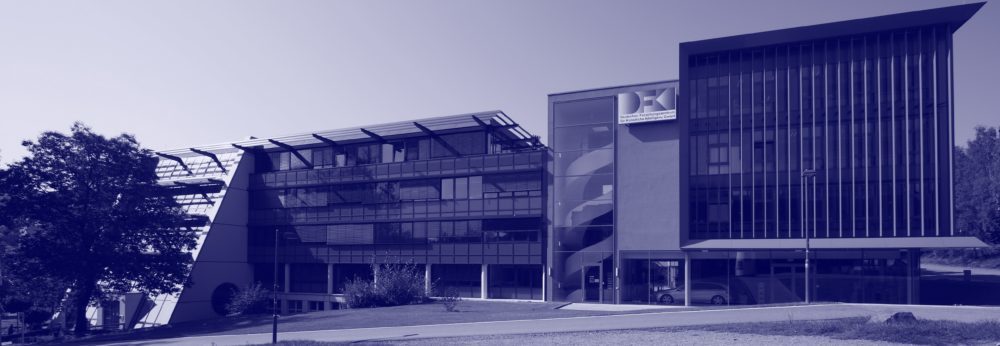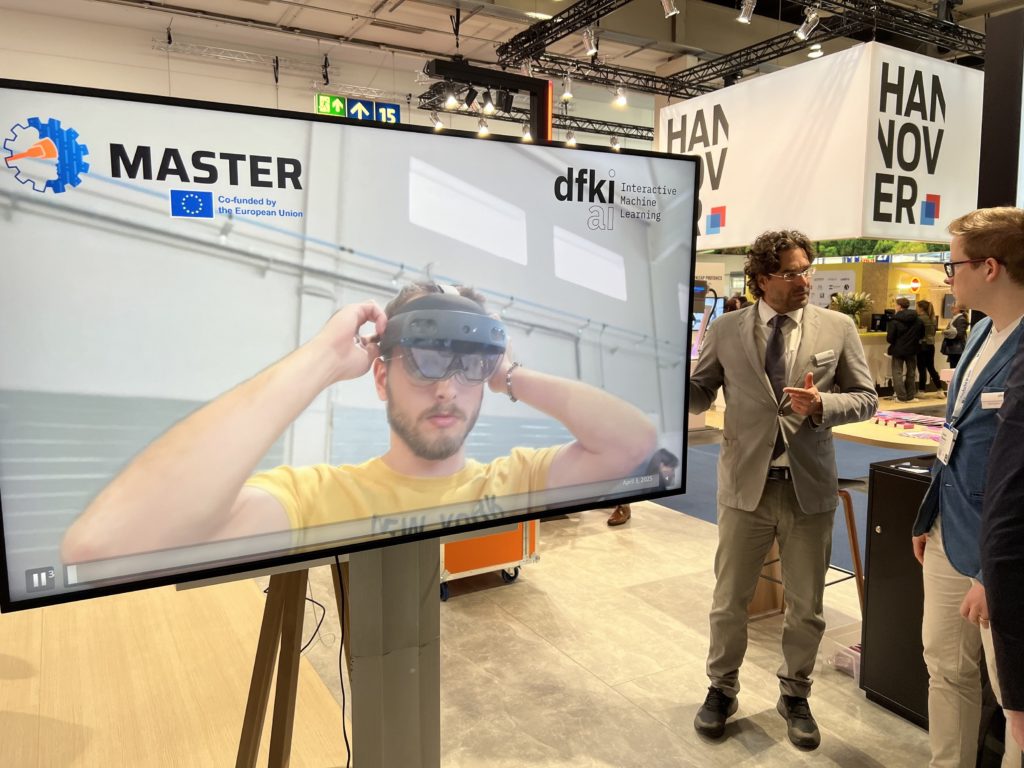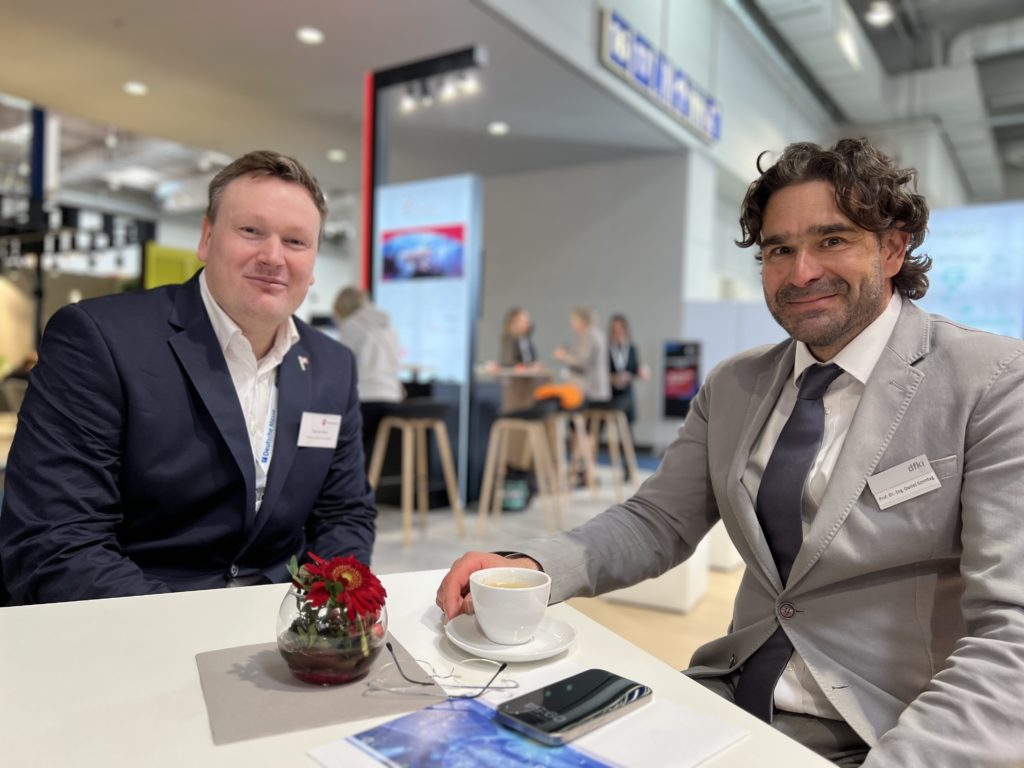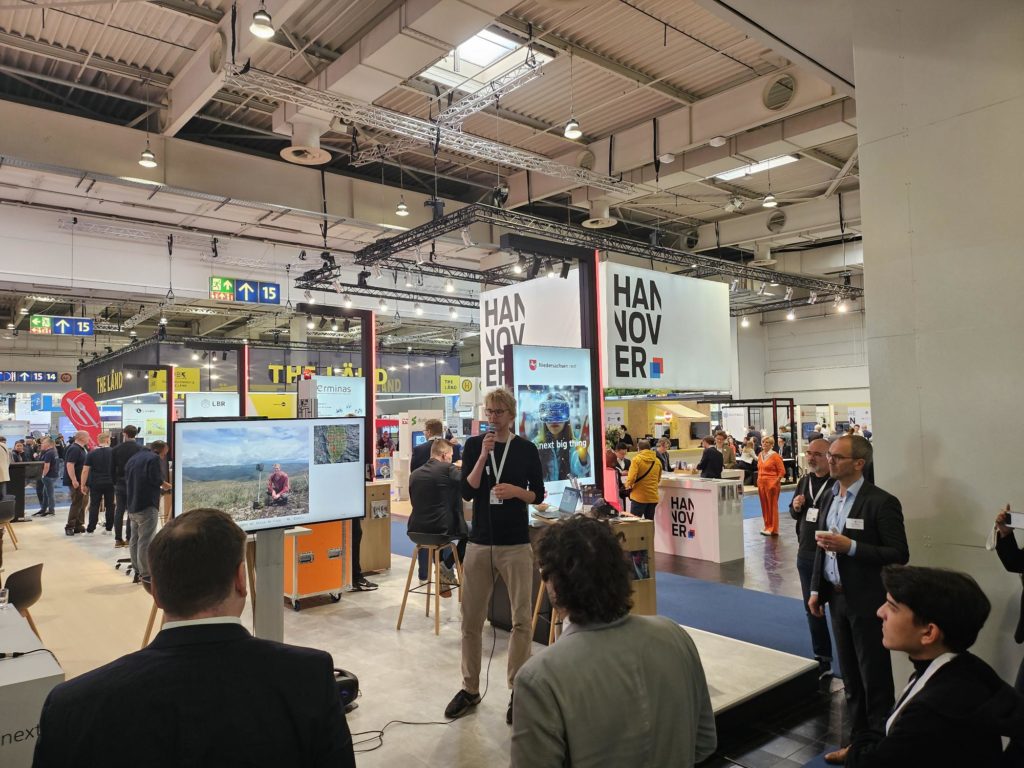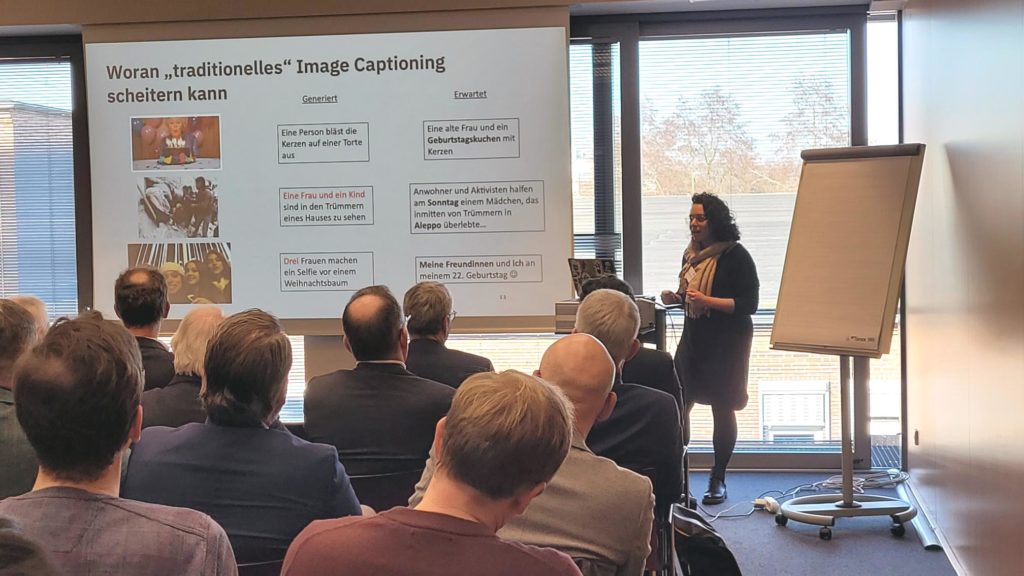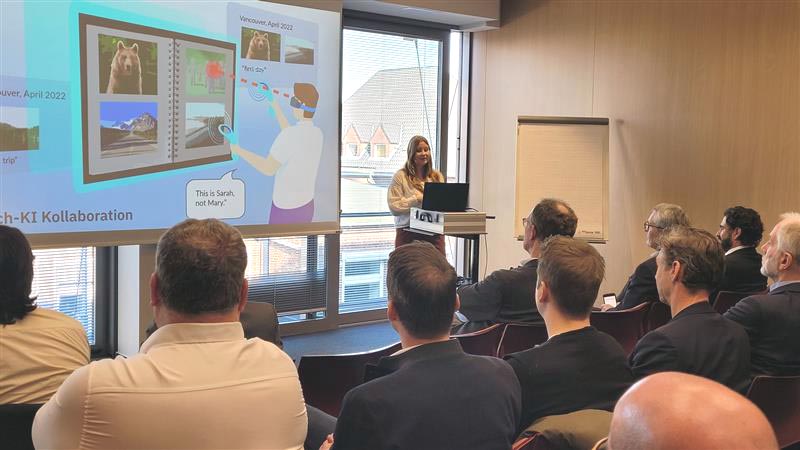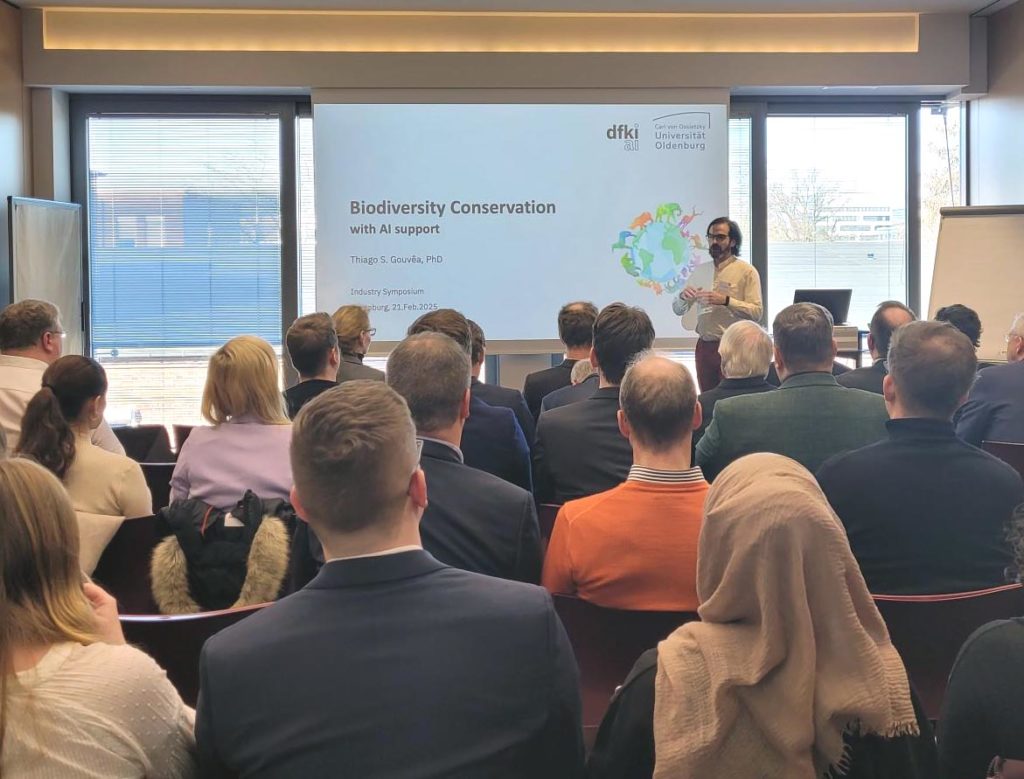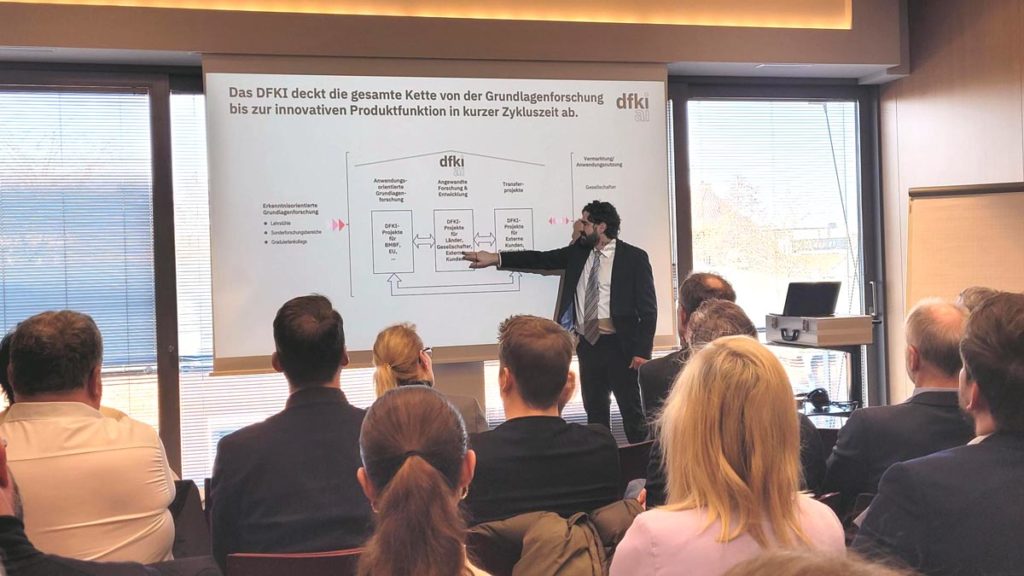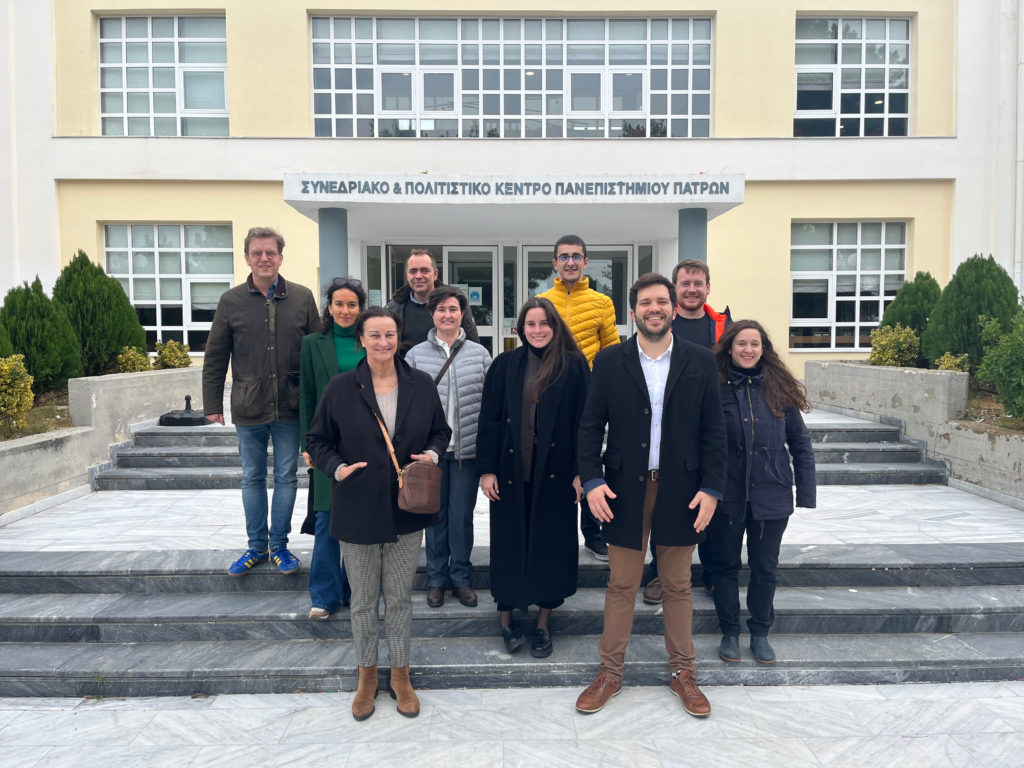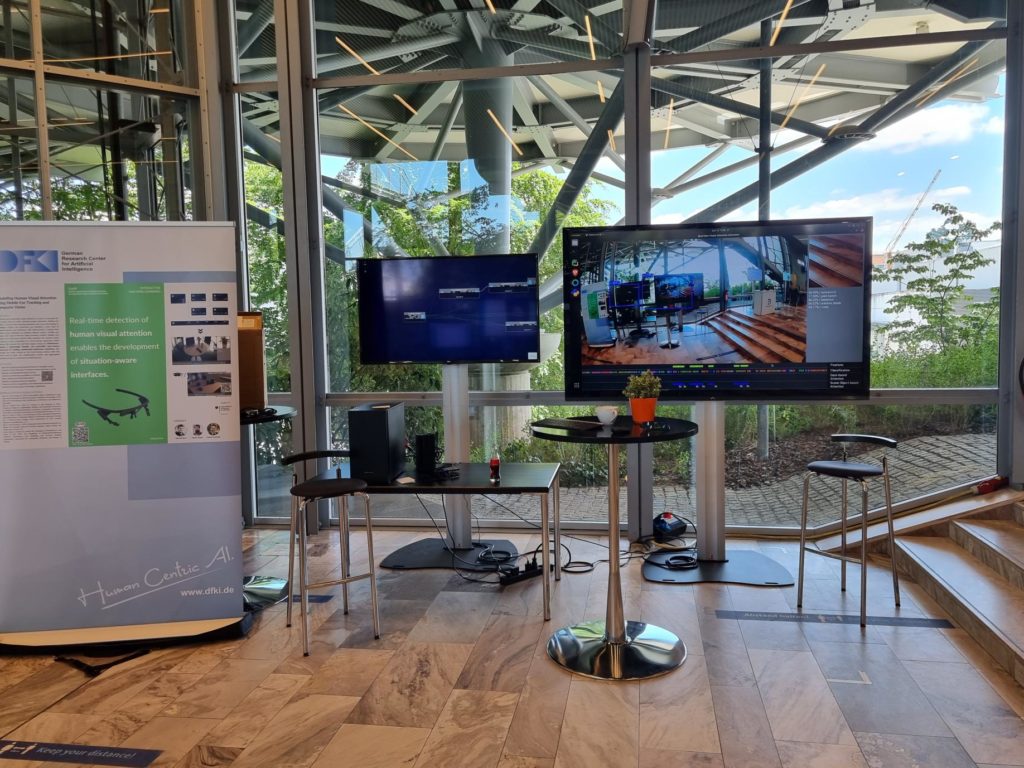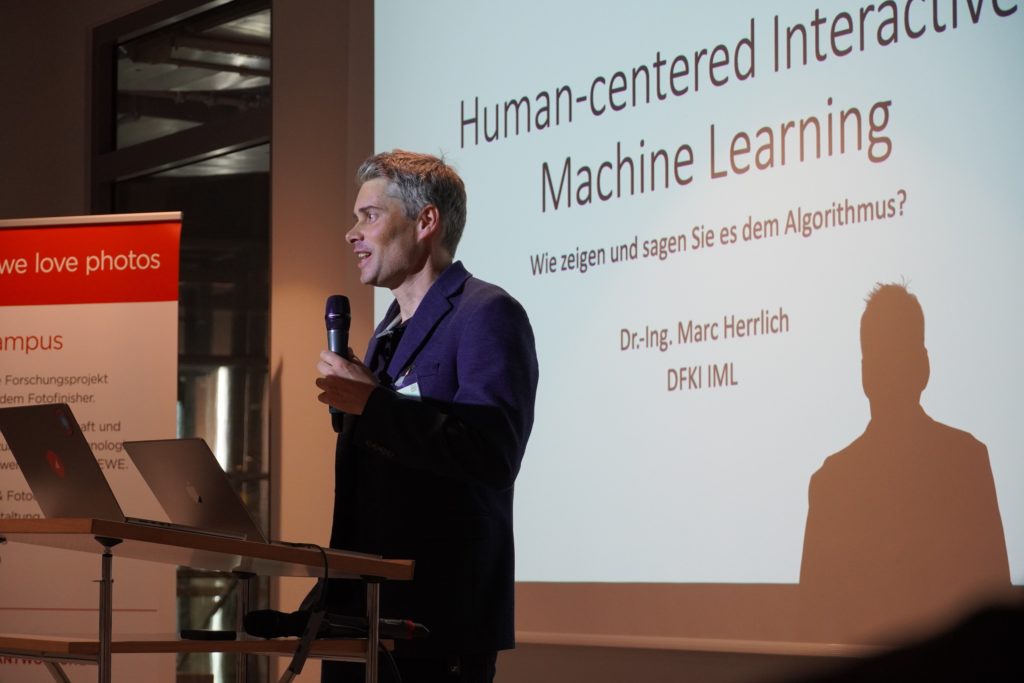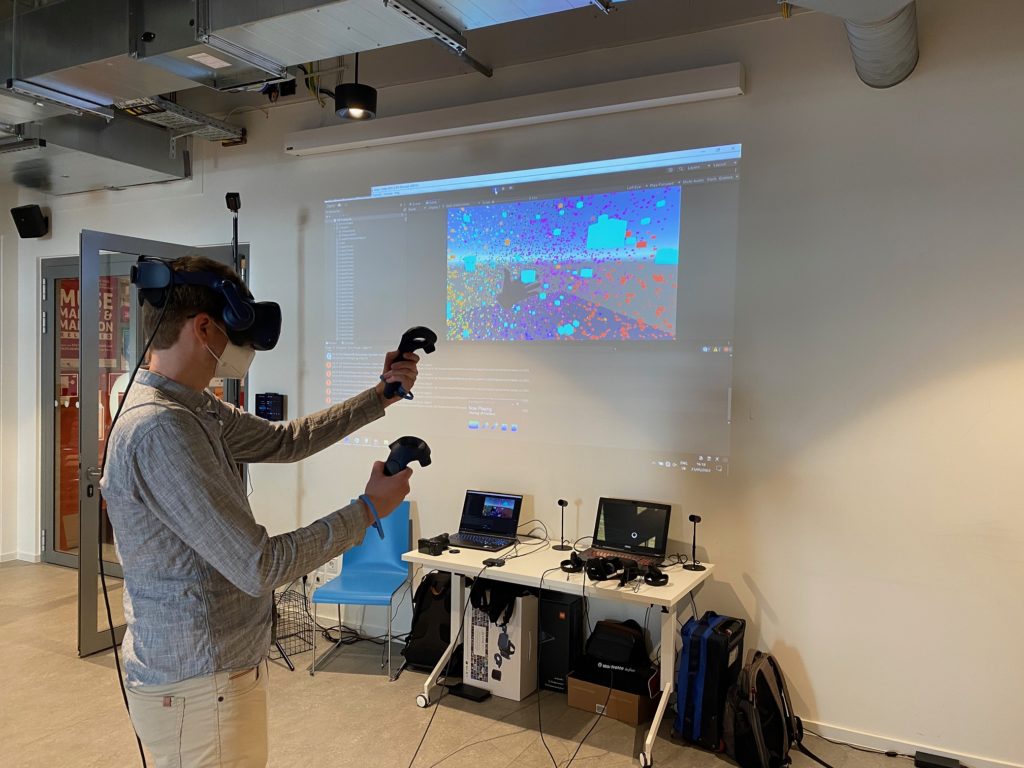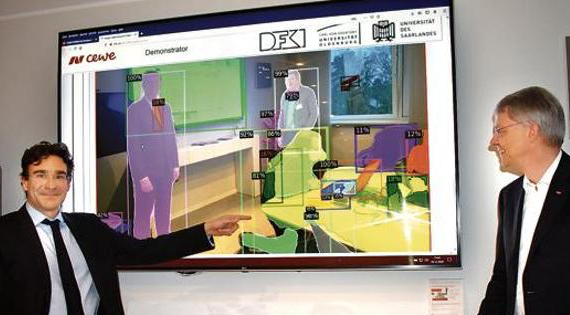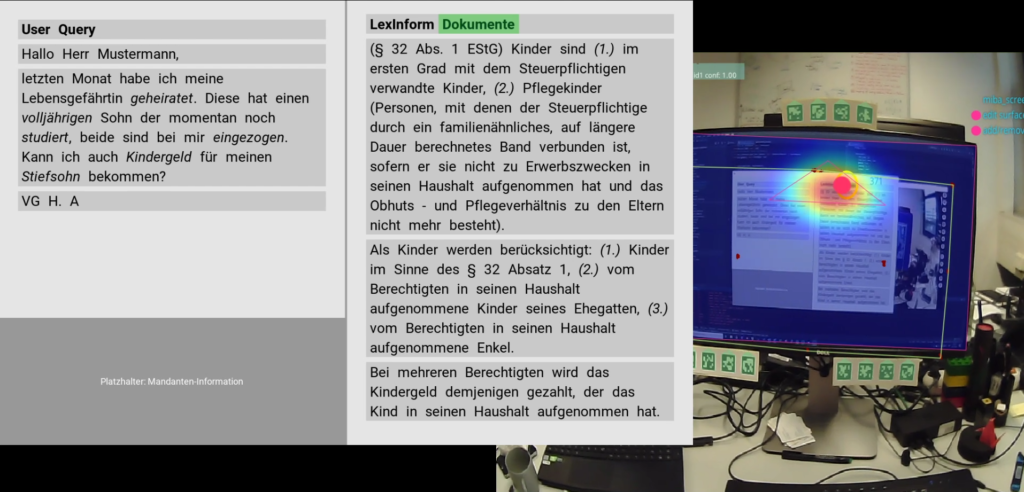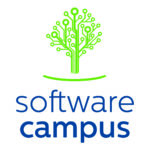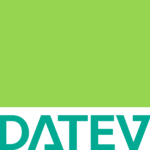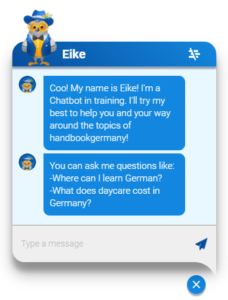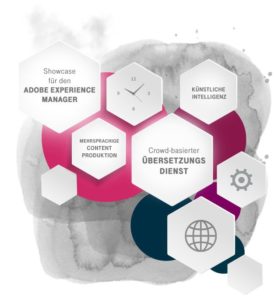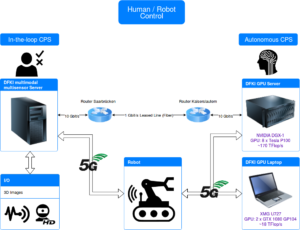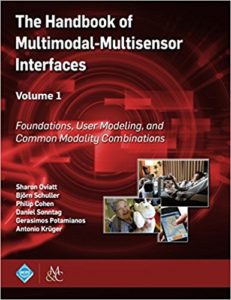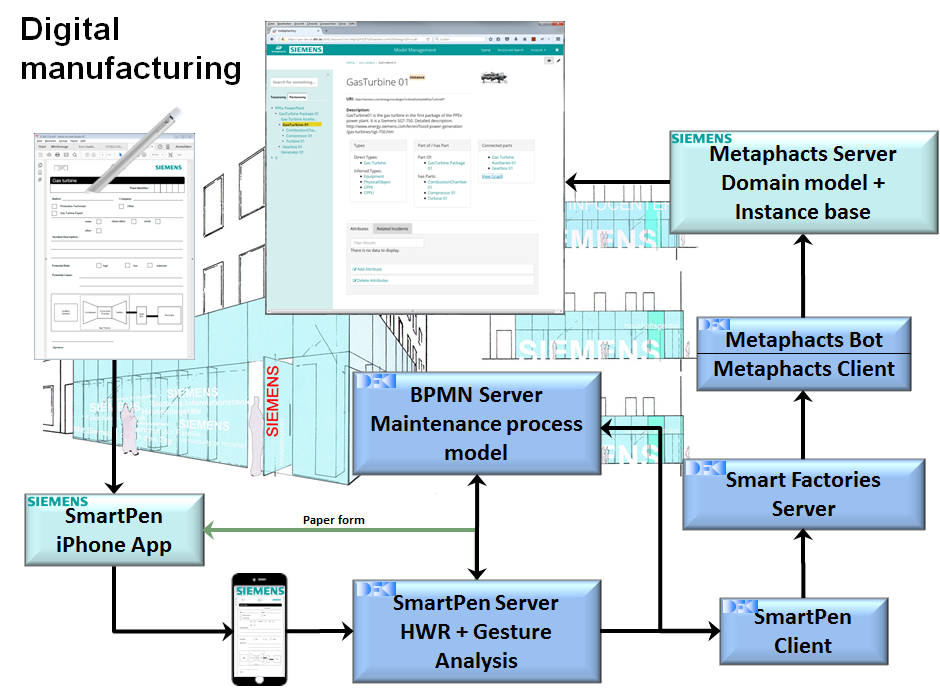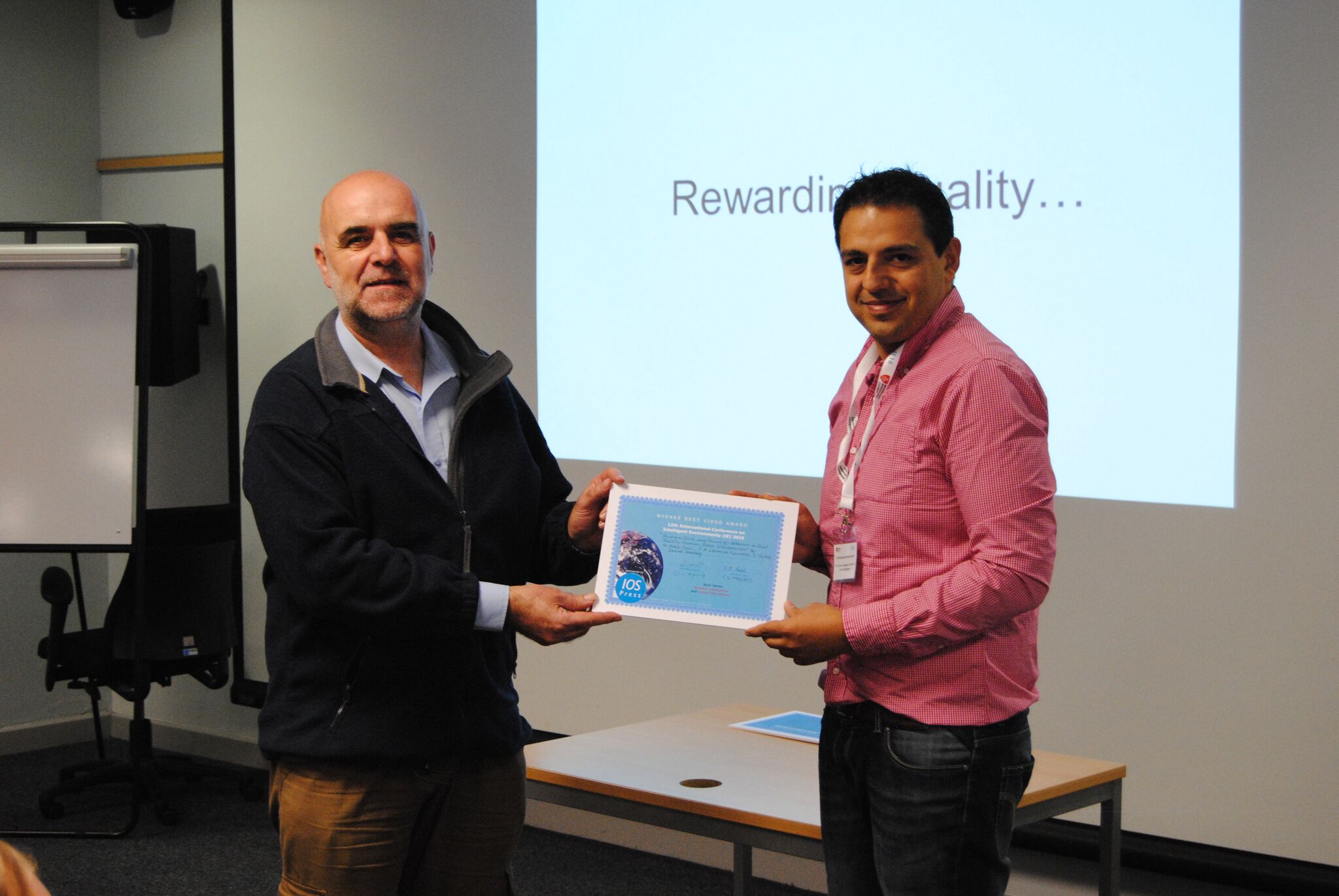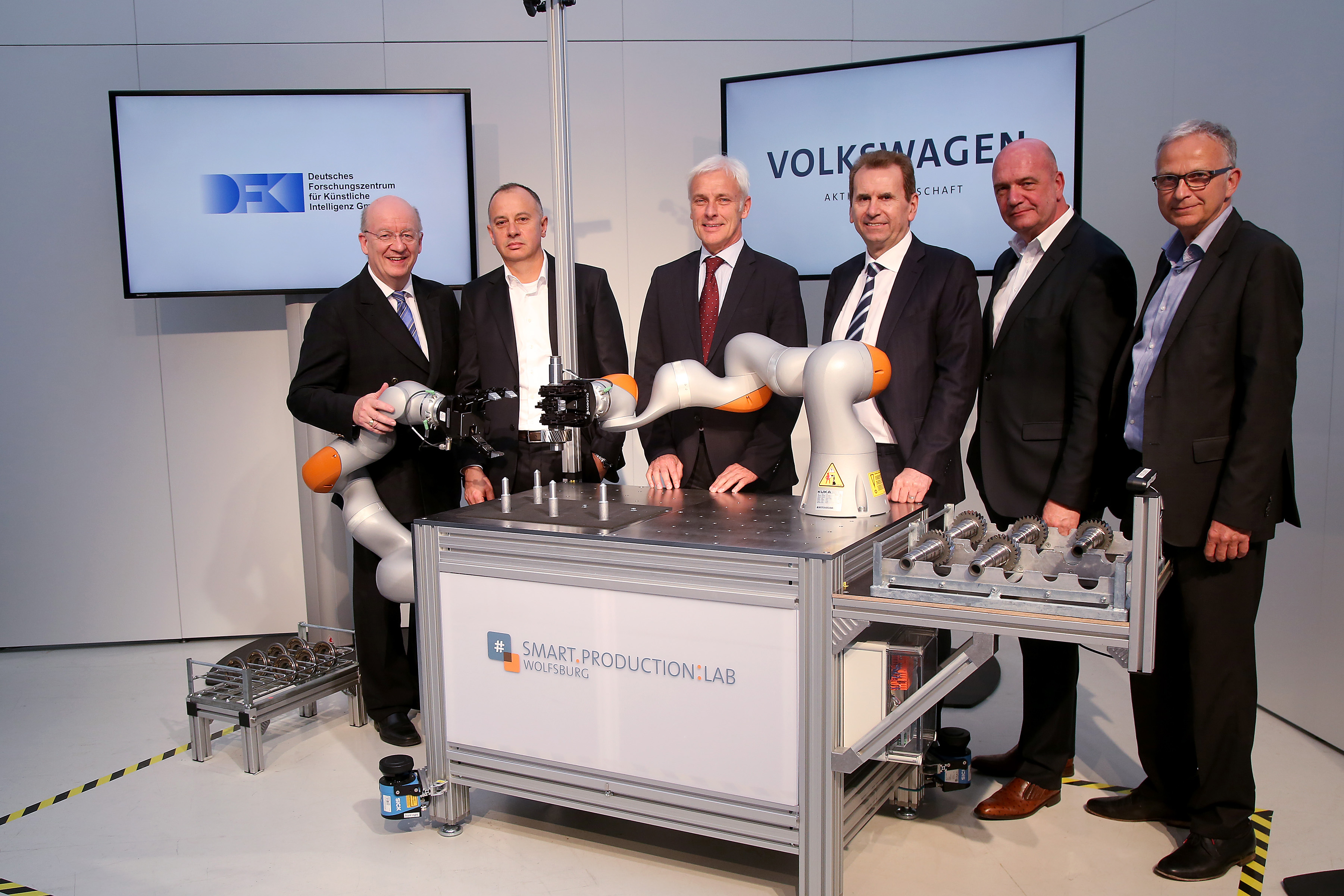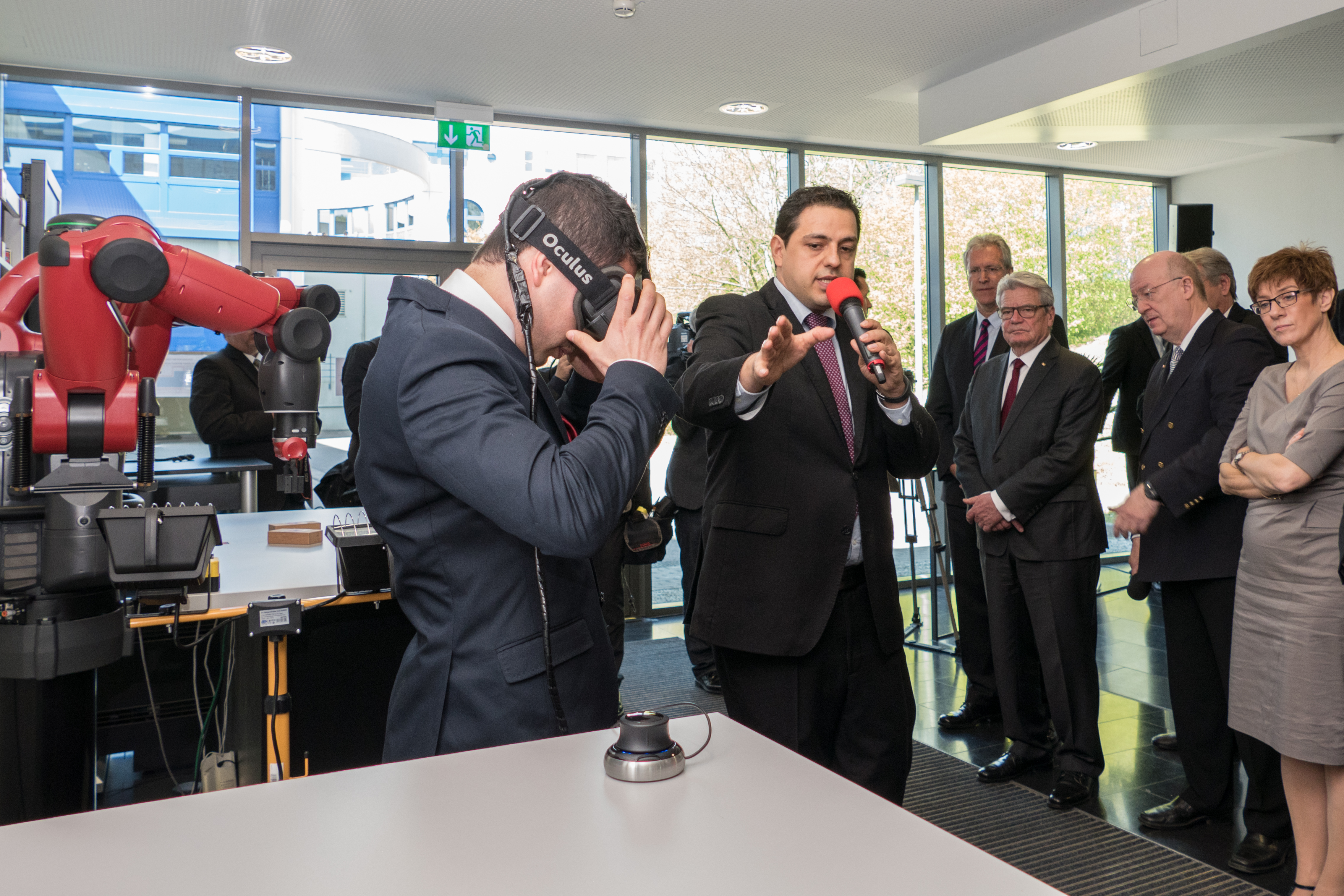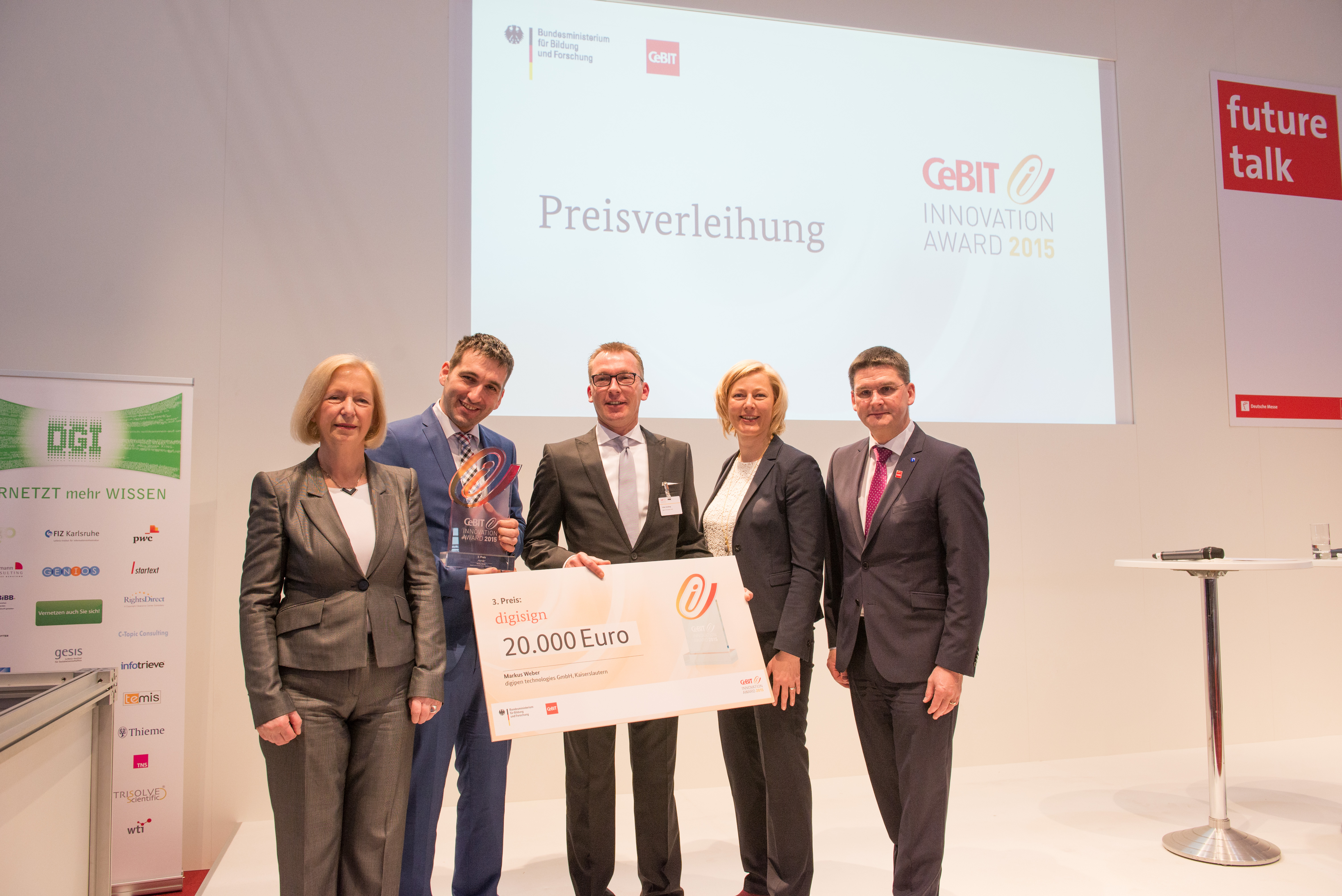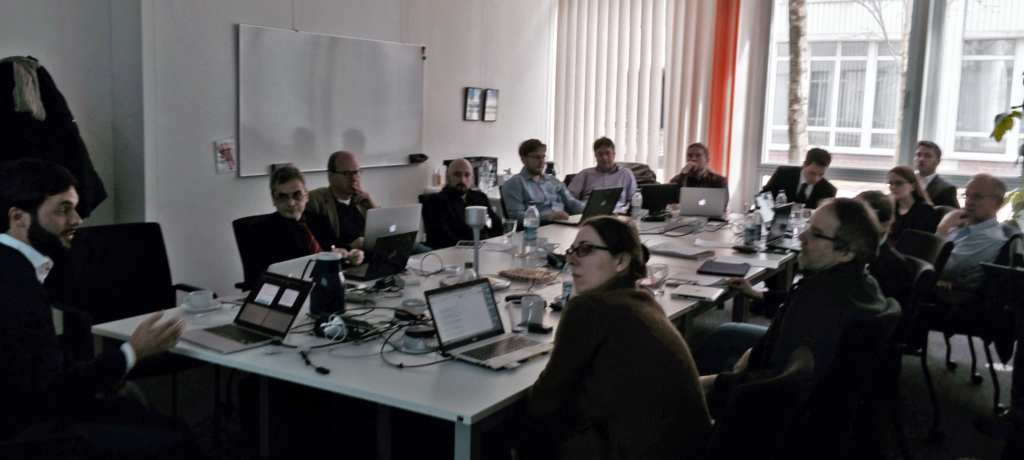The first Open Call in the MASTER project from the beginning of 2024 is now followed by the second one, published on 7 April.
The MASTER project partners are seeking educational institutions and SMEs interested in creating XR-based educational content and testing the MASTER platform and technologies with real learners. Selected participants will be awarded up to €100,000 in funding (from a total budget of €4.8 million), gain access to a network of XR and robotics experts, and receive 9 months of technical and educational mentorship.
Organizations from Germany and the EU and associated countries can access all relevant information and submit their applications here until the deadline on June 12, 2025. Following the submission period, proposals will be evaluated and selected by the end of July. Contract preparation will be completed by the end of August, and the implementation phase will run from September 2025 to May 2026.
The educational challenges that can be addressed include “industrial applications”, “get to know the robots”, and “innovative applications on training of industrial robotics”.
Stay also updated via the MASTER project’s website and its LinkedIn channel.
About the MASTER Project
The MASTER project (“Manufacturing Education and Training through XR”) is a Horizon Europe-funded initiative dedicated to advancing robotics training in manufacturing through the use of Extended Reality technologies. By developing an open XR platform, MASTER aims to provide safe, adaptable robotic environments featuring advanced interaction mechanisms. Ultimately, the project seeks to empower non-expert programmers to create and manage XR educational content, contributing to a more skilled and technologically adept workforce.
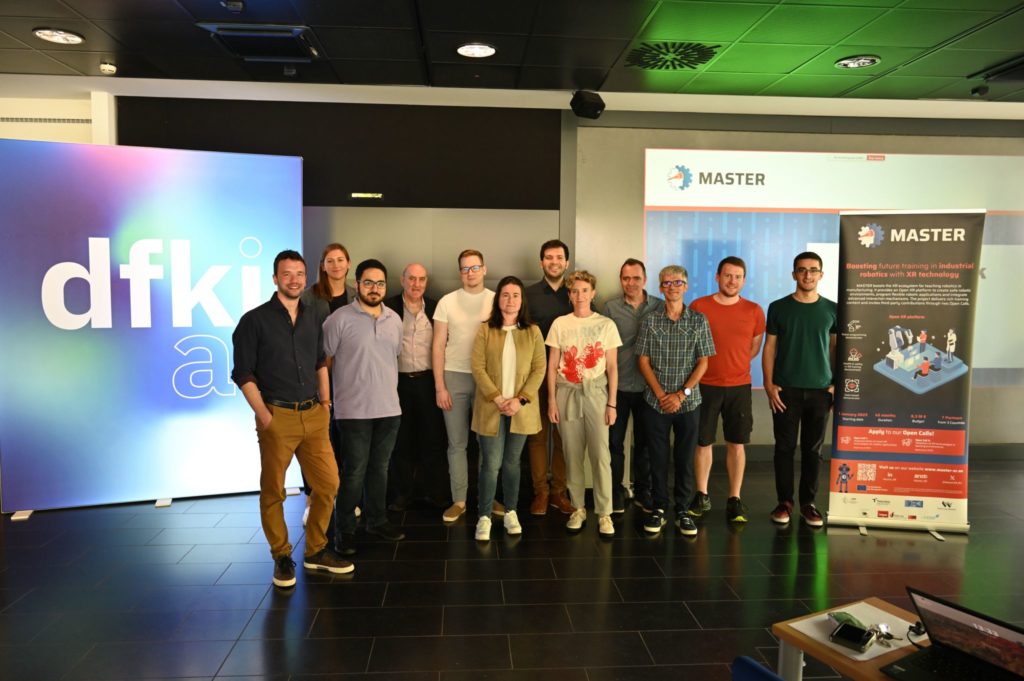
MASTER project partners at DFKI Saarbrücken
